What are probiotics? What are the benefits of probiotics? These are questions most people need to be answered. When it comes to the word bacteria, normally that’s something you want to wipe out with a can of Lysol or a dose of penicillin. However, the bacteria that live in your digestive system are of the white hat variety. These live cultures are called probiotics and they help the body absorb nutrients from the food we digest. There are many other benefits to these microbes as well. Precision Nutrition notes that some of these assets include: helping your body synthesize vitamin K and B, metabolize drugs, and enhance digestion and intestinal blood flow. So, if these microorganisms are already in your system, is it necessary to make room in your diet for more?
Ideally, we would get our probiotics naturally from eating fresh foods. Back in ye good olde days, food was grown in clean soil that wasn’t treated with chemicals. The changing food habits of the modern age have made adding probiotics to your diet a little bit more work. Today we have refrigeration that keeps foods fresher longer, plus preservatives that give certain foods a long shelf life while robbing the food of important nutrients. Not only can all of this remove essential probiotics, but it can actually contain antibiotics which will kill off good bacteria that the body needs. In addition, our modern-day society takes antibiotics (or consumes them via animals) and eats lots of sugar which helps bad bacteria thrive in the gut. This can cause leaky gut syndrome, inflammation, weight gain, autoimmune disorders, and other health problems.
By replacing probiotics that the body needs and balancing out the system, you could see many improvements. Harvard Medical School claims that a few of the health benefits from supplementing your diet with probiotics include improving gastrointestinal conditions like leaky gut syndrome or irritable bowel syndrome and maintaining vaginal health. These microbes can even treat conditions such as yeast infections caused by candida, and UTIs. Clinical nutritionist Dr. Josh Axe lists many other health benefits to supplementing to your diet with probiotics, such as an improved immune system, better digestion, more energy, fresher breath (by killing off candida), better skin (by fighting eczema and psoriasis), the reduction of colds and flus, and even weight loss.
An easy way to let probiotics rock the party that rocks your body is to take a probiotic pill. However, there are many tasty foods that are chock-full of probiotics that you can add to your diet. So, what are a few good sources of probiotics? Here are some groceries to grab which contain the good bacteria:
Kefir – A combination of milk and fermented kefir grains which resembles yogurt. For those who are lactose intolerant, this is a good alternative, as it can actually improve lactose digestion. In addition to being rich in probiotics, kefir grains are also loaded with antioxidants.
Sauerkraut – A side dish made from fermented cabbage and other assorted vegetables. Kimchi is the Korean version of sauerkraut. It is high in enzymes, as well as vitamins A, B, E, C and iron, and has fiber which can aid in digestion.
Kombucha - This is a fermented black tea which has a colony of bacteria and yeast. Some claim that the benefits are improved digestion, energy, and detox. It is best homemade as the grocery store variety has fewer health benefits.
Yogurt - Live cultured yogurt or Greek yogurt. The best of probiotic foods, especially if it is organic and from grass-fed cows, goats, or sheep. But steer clear of the frozen variety brands that are loaded with sugar, which won’t do much to impact your health.
Apple cider vinegar – As long as you choose the cloudy variety with active cultures, drinking a small amount or using as a sauce or salad dressing can cause weight loss or help to control blood pressure, cholesterol, and even diabetes.
Sourdough bread – If you are going to carb load, then you might as well include a bread with benefits like sourdough. Discover magazine states that this variety of bread contains lactobacillus which gives it that distinct flavor.
Miso – A soup or paste consisting of fermented soybeans mixed with koji (a fungus). The most popular form is miso soup which is often eaten as an appetizer at Asian meals. Miso is also a complete protein and boasts benefits like strengthening the immune system, stimulating the digestive system, and reducing the risk of many cancers.
Dark chocolate - This treat is both a probiotic and a prebiotic. Any bite that contains a cacao content of over 70% is a go, which is the equivalent of 2 tbsp. of cocoa powder or ¾ Oz of a bar.
Pickles - The pickle that is fermented, not just pickled, is a good source of probiotics. Shelved pickles have been pasteurized, which will kill off the good stuff you want. Making your own with salt and water will ensure you keep the bacteria that will heal your gut.
When it comes to your nutrition, trust your gut, and protect it with a healthy balance of probiotics.


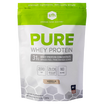
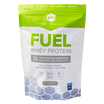
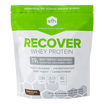
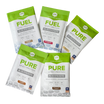
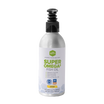
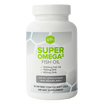
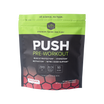
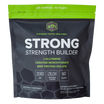
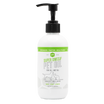
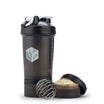
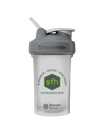
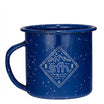



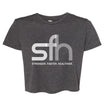

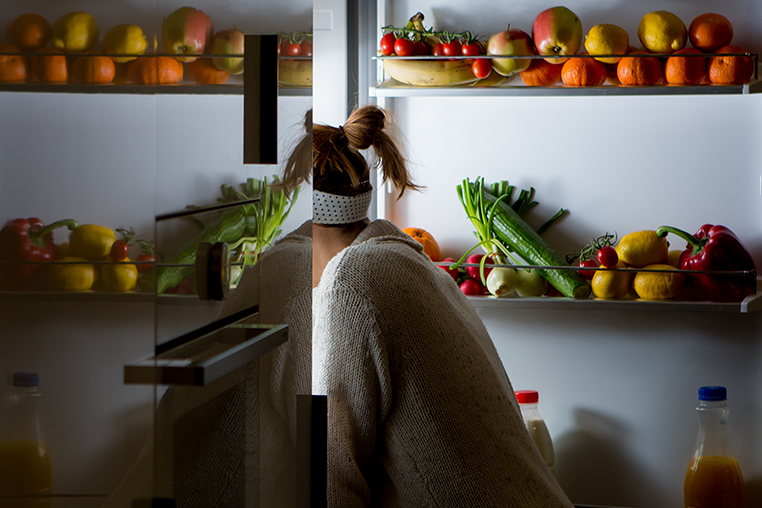

Leave a comment
This site is protected by reCAPTCHA and the Google Privacy Policy and Terms of Service apply.